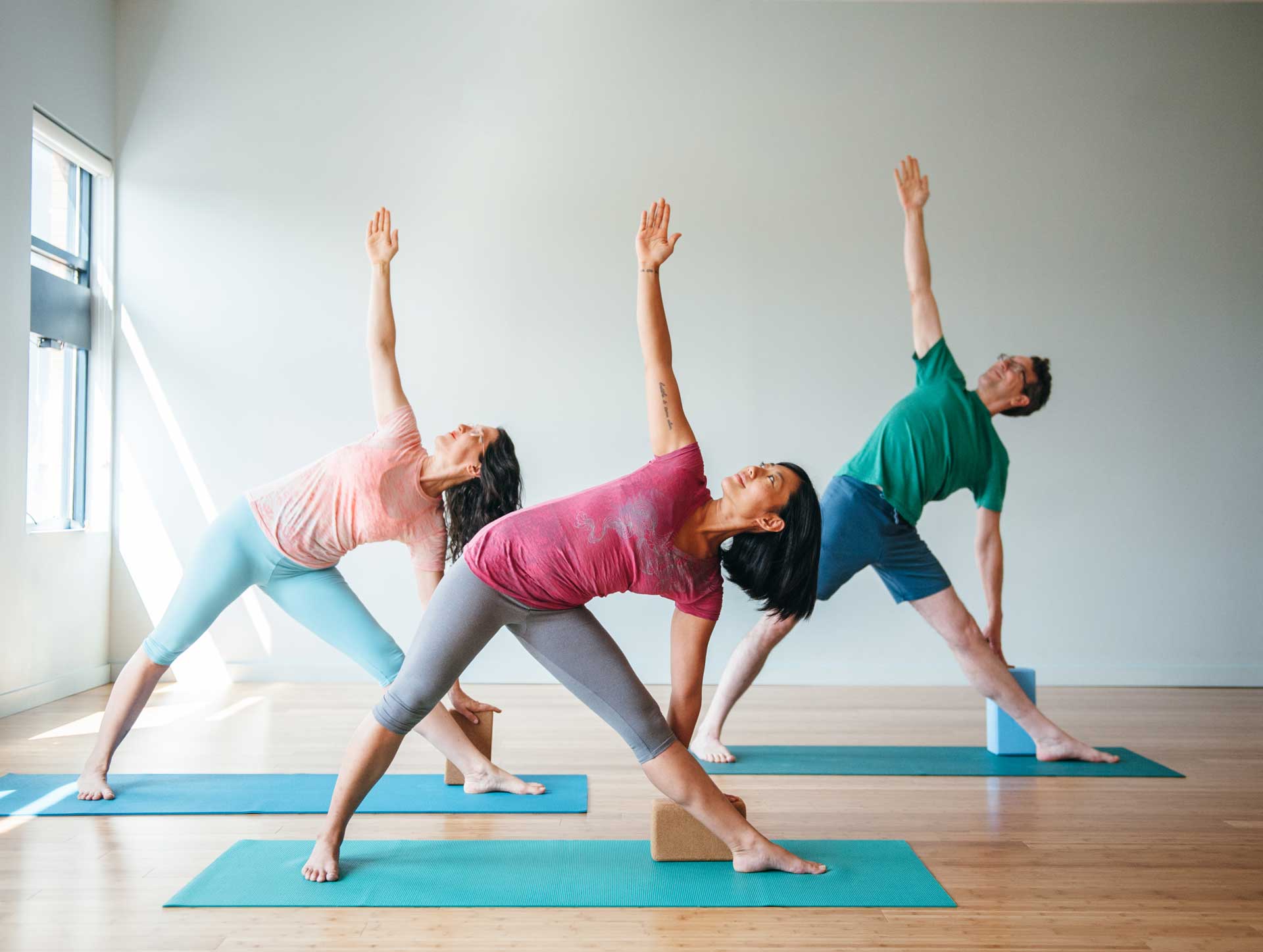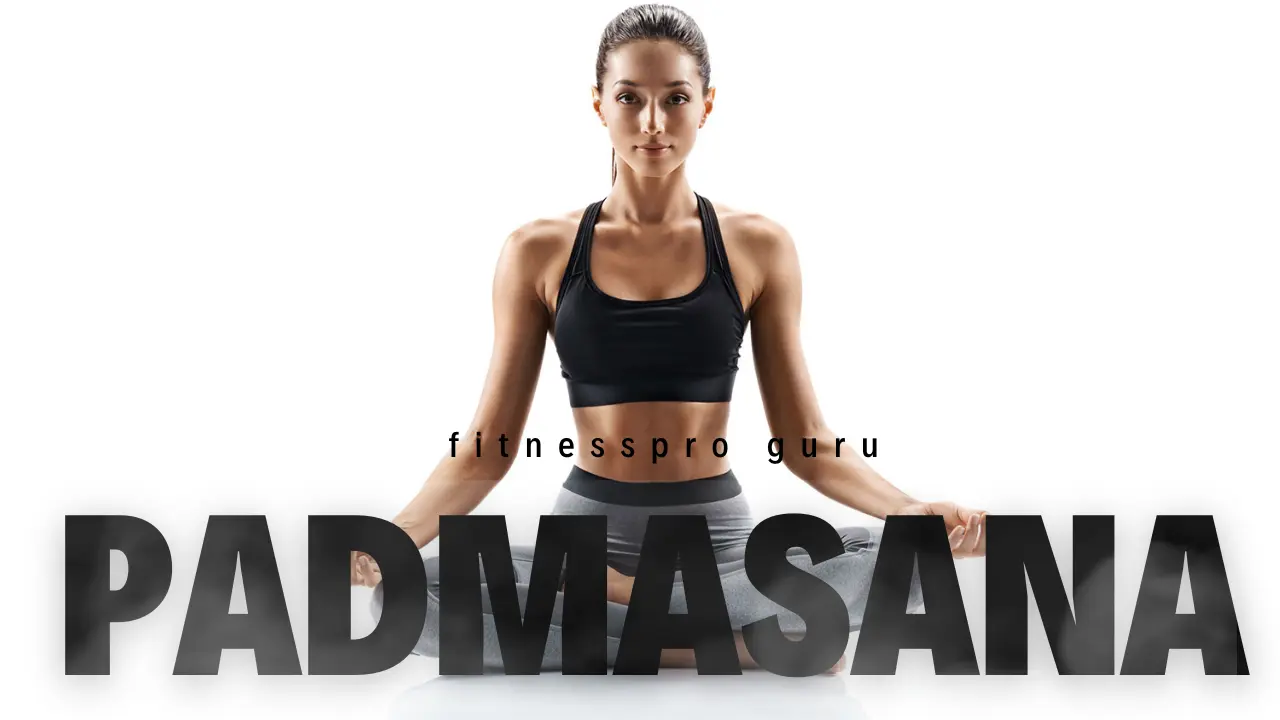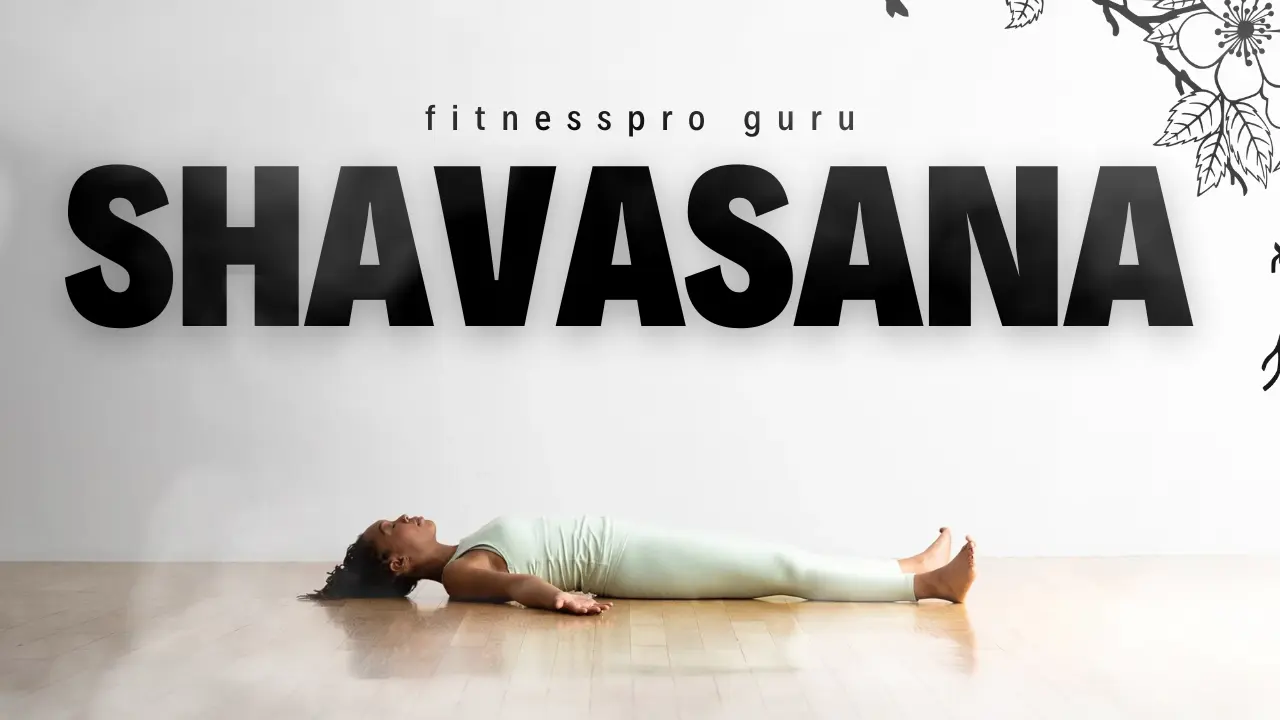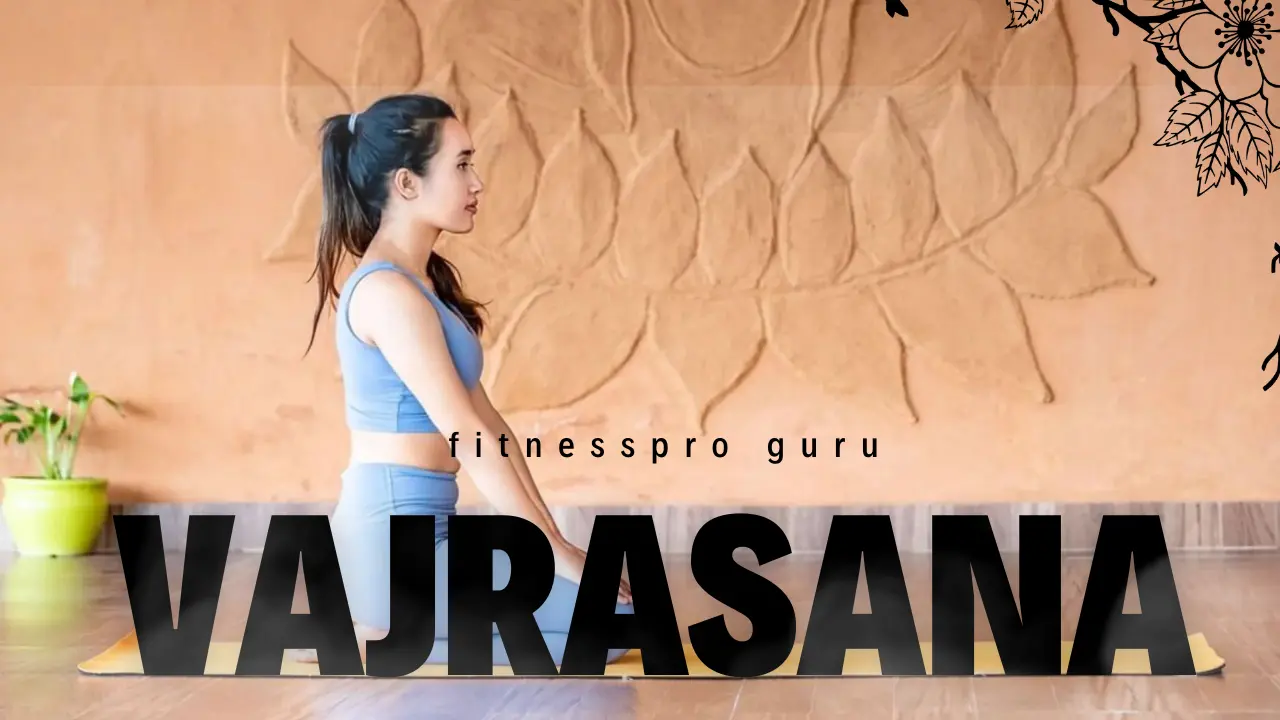Trikonasana, also known as Triangle Pose, is a popular yoga asana (pose) that is commonly practised in various styles of yoga. “Trikonasana” is a Sanskrit word that translates to “Triangle Pose” in English.
Step by Step
- Stand straight. Separate your feet comfortably wide apart (about 31/2 to 4 feet).
- Turn your right foot out 90 degrees and your left foot in by 15 degrees.
- Now align the centre of your right heel with the centre of your arch of the left foot.
- Ensure that your feet are pressing the ground and the weight of your body is equally balanced on both feet.
- Inhale deeply and as you exhale, bend your body to the right, downward from the hips, keeping the waist straight, allowing your left hand to come up in the air while your right hand comes down towards the floor. Keep both arms in a straight line.
- Rest your right hand on your shin, ankle, or the floor outside your right foot, whatever is possible without distorting the sides of the waist.
- Stretch your left arm toward the ceiling, in line with the tops of your shoulders.
- Keep your head in a neutral position or turn it to the left, eyes gazing softly at the left palm.
- Ascertain that your body is bent sideways and not backwards or forward.
- The pelvis and chest are wide open.
- Stretch maximum and be steady. Keep taking long deep breaths. With each exhalation, relax the body more and more. Just be with the body and the breath.
- As you inhale, come up, bring your arms down to your sides, and straighten your feet.
- Repeat the same on the other side.
Exclusive Insight: Unveiling the Grace and Stability of Vriksasana (Tree Pose)
Benefits
Trikonasana, or Triangle Pose, offers a range of benefits for the body, mind, and overall well-being. Some of the key benefits of practising Trikonasana include:
- Strengthens and stretches the legs: Trikonasana engages and strengthens the muscles of the legs, including the thighs, hamstrings, and calves. It also helps improve flexibility and mobility in these areas.
- Opens the hips and groins: This pose provides a gentle yet effective stretch to the hips and groins, helping to improve flexibility and release tension in these areas.
- Stretches the spine and back: The lateral bending motion in Trikonasana helps stretch and elongate the spine, promoting spinal health and relieving tension in the back.
- Enhances balance and stability: The wide-legged stance and the focus on alignment in Trikonasana help improve balance and stability. Regular practice can strengthen the muscles involved in maintaining balance and increase body awareness.
- Improves digestion: The twisting motion in Triangle Pose stimulates the abdominal organs, aiding in digestion and improving digestive function. It can help alleviate constipation and indigestion.
- Opens the chest and shoulders: As the arms are extended in opposite directions, Trikonasana opens the chest and shoulders, promoting better posture and expanding the breath capacity.
- Increases energy and reduces fatigue: Practicing Trikonasana can help alleviate fatigue and rejuvenate the body. It promotes circulation and energy flow throughout the body, leaving you feeling revitalized.
- Enhances mental focus and concentration: Holding the pose and maintaining proper alignment requires concentration and focus, which can help calm the mind and enhance mental clarity.
- Relieves stress and anxiety: The combination of deep breathing, physical stretching, and mindful awareness in Trikonasana can help reduce stress and anxiety, promoting a sense of calm and relaxation.
Remember, it’s important to approach Trikonasana with proper alignment and to listen to your body’s limitations. If you have any specific health concerns or injuries, it’s advisable to consult with a qualified yoga instructor or healthcare professional before attempting this or any other yoga pose.
Precaution
While Trikonasana (Triangle Pose) is generally safe for most people, it’s important to keep the following precautions in mind when practising this pose:
- Avoid if you have low blood pressure: Trikonasana can cause a drop in blood pressure. If you have low blood pressure, it’s best to practice this pose with caution or under the guidance of a qualified yoga instructor.
- Modify for neck or shoulder issues: If you have neck or shoulder injuries or discomfort, avoid straining or overstretching these areas. Instead, modify the pose by keeping your gaze straight ahead or downward, and avoid excessive rotation or compression of the neck and shoulders.
- Modify for hip or knee injuries: If you have hip or knee problems, take care not to overstrain these joints. You can modify the pose by reducing the depth of the bend and using props such as a block or bolster for support.
- Pregnancy caution: Pregnant women should approach Trikonasana with caution. It’s advisable to modify the pose by keeping the legs closer together, avoiding deep twists, and consulting with a prenatal yoga instructor or healthcare provider for guidance.
- Be mindful of your limits: Respect your body’s limitations and avoid pushing yourself into discomfort or pain. Take it slow, listen to your body, and practice with awareness.
- Warm-up before practice: It’s always a good idea to warm up your body before attempting any yoga pose, including Trikonasana. Gentle stretching and warm-up exercises can help prepare your muscles and joints for the pose.
- Seek guidance from a qualified instructor: If you’re new to yoga or have any concerns or specific health conditions, it’s advisable to practice Trikonasana under the guidance of a qualified yoga instructor. They can provide personalized guidance, and modifications, and ensure proper alignment.
Remember that individual experiences and abilities may vary. If you have any doubts or concerns about practising Trikonasana or any other yoga pose, consult with a healthcare professional or a certified yoga instructor.






